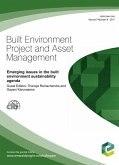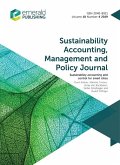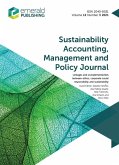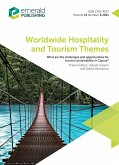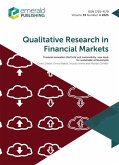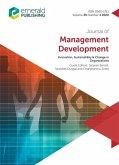First paper of this Special Issue "e;Sustainability in Campuses"e; provides a good theoretical knowledge about greening in general though the ESD programmes which are unfolded within all interviewed institutions. The second paper reports strategies toward a green campus project at Politecnico di Torino University, a 33000 students Italian Higher Educational Institution and estimate the avoided EF of different scenarios accounted for open spaces. The third paper of this special issue represents a recent research on organizational change processes in universities. The methodological approach applied corresponds to the social issue maturation framework, to identify, describe and assess patterns of change across higher education institutions. In forth paper, the author represents an exploration of the outputs of an internship programme, one of a number of campus-based sustainability activities that have been introduced at UWTSD to encourage student-led campus-based greening initiatives.Aims of paper five is to strengthen collaboration among all members of higher education communities, and provides inspiration for what a sustainability office on campus might look like. Paper six describes the educational benefits and challenges of introducing natural science students to on-campus and off-campus sustainability research projects as an approach to education for sustainability are investigated. Paper seven provides an innovative framework to analyze how universities are rethinking courses and curricula, teaching, research programs, campus operation and partnership to address the Agenda 2030. Aims of paper eight is to highlight the contribution of ecological fairs to the promotion of sustainability in university campuses, based on a case study carried out at the University of Passo Fundo, located in Southern Brazil. Paper nine reflects on approaches through which open, distance and e-learning students can use their local environments for assessments and explores how this shapes their conceptualisations of 'university' and 'campus'. Key issues and lessons learnt are covered, thus providing pointers for implementation of the type of assessment approaches that are presented. Paper ten is an exploratory research and design process that uses illustrative techniques to bridge the gap between theoretical principles of systems ecology, stakeholder input, and a workable physical planning strategy.
Dieser Download kann aus rechtlichen Gründen nur mit Rechnungsadresse in A, B, BG, CY, CZ, D, DK, EW, E, FIN, F, GR, HR, H, IRL, I, LT, L, LR, M, NL, PL, P, R, S, SLO, SK ausgeliefert werden.



